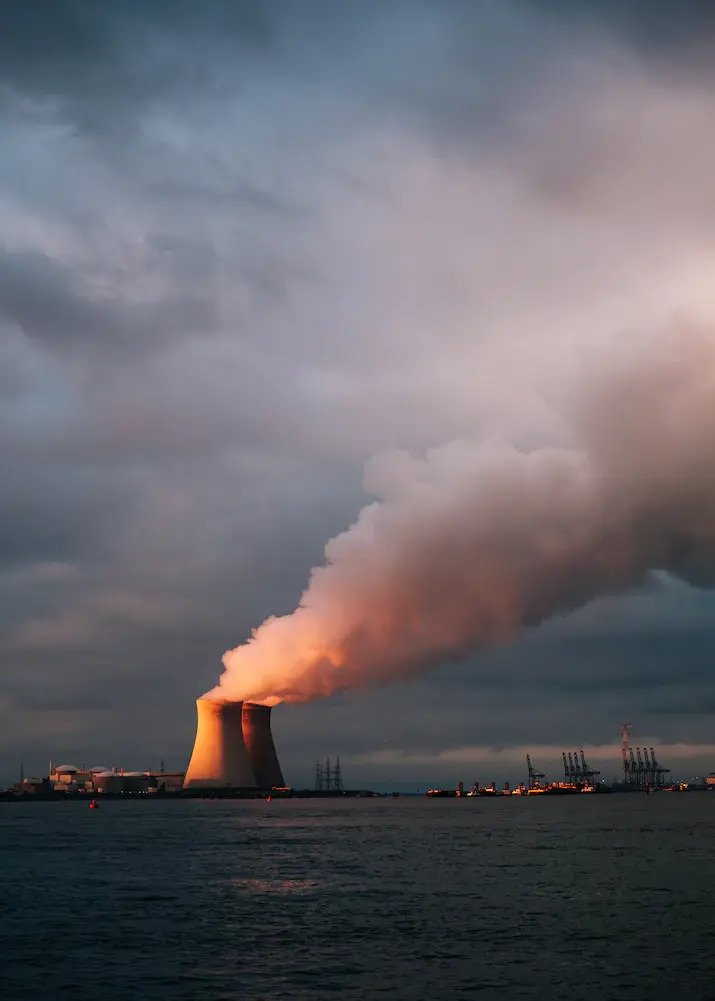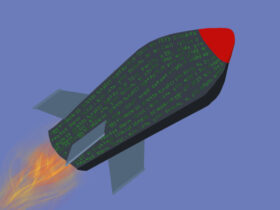Since World War II, U.S. nuclear weapons have served as deterrents of conventional attacks against the United States and its allies.
Accordingly, the United States has long maintained a strategic position in favor of nuclear first-use in its international policies. However, members of the international community have criticized the first-use position for heightening global tensions, creating pressure for the United States to reevaluate their stance.
In 2019, U.S. Sen. Elizabeth Warren (D-Mass) proposed a No-First-Use (NFU) bill in response to this sentiment. If passed, the bill would have restricted the United States from deploying nuclear attacks against any actor, if the target had not first launched one against the United States or its allies.
Although it did not pass, Warren reintroduced the policy two years later. Despite international and domestic pressures for change, another two years have passed since the bill’s reintroduction, and no policy on NFU has yet been officially adopted by the United States.
Considering how major U.S. rivals like Russia and China have made declarations of commitment to NFU, the United States’ struggle to follow suit leaves some with the impression that it is falling behind on efforts towards global peace in terms of nuclear weapons.
However, what stands in the way of the United States denouncing nuclear first-use is perhaps best described by Stanford University Professor Scott Sagan, who suggests that the threat of asymmetric nuclear attack may be an “unfortunate necessity.”
Although grotesque, the devastating physical capacity of nuclear weapons and the unquestionable terror surrounding their deployment has served as a pivotal point of strategic deterrence against major attacks since Hiroshima and Nagasaki.
Today, the United States relies on nuclear first-use to maintain even wider international security interests on multiple geographic dimensions. Most prominently, the United States’ credible ability to strike first has held together decades of global alliances and agreements of nuclear non-proliferation such as that of NATO and its members.
Less powerful, non-nuclear members of NATO rely on the nuclear first-use of their allies to deter and counter threats of conventional warfare. In turn, non-nuclear NATO members agree to abstain from developing nukes of their own. In the event that the United States fails to provide such an assurance — such as by declaring a position of NFU — non-nuclear allies will likely abandon nuclear abstention and attempt to procure their own arsenal to satisfy the national security needs left void.
Hence, without any established substitute measures to the U.S. nuclear umbrella, adopting an NFU policy could, in fact, lead to widespread nuclear proliferation.
Proponents of NFU often argue that the international agreements already in place, such as the UN-sponsored Nuclear Non-Proliferation Treaty (NPT), would prevent such an outcome. However, previous defections from the NPT have proven otherwise. One notorious example is North Korea’s withdrawal from the NPT in 2003. Furthermore, three member-states of the UN (i.e. India, Israel and Pakistan) have remained non-signatories to the NPT and actively pursued nuclear weapons development.
The capacity for nuclear first-use has also served as a critical deterrent in defending the United States against other forms of weapons of mass destruction (WMDs), creating an additional disincentive to adopting NFU.
For instance, the “calculated ambiguity” doctrine is a U.S. policy which maintains the potential for nuclear first-use in response to a chemical or biological attack against the United States. Former U.S. Secretary of Defense William Cohen once stated that “the ambiguity involved in the issue of nuclear weapons contributes to [the United States’]own security, keeping any potential adversary who might use either chemical or biological [weapons]unsure of what our response would be.”
Hence, an NFU policy would nullify this critical element of ambiguity in U.S. security measures against non-nuclear WMDs.
Because American international security arrangements have been so closely entwined with the ability to conduct a nuclear first-strike, an immediate declaration of NFU would prove detrimental to both U.S. national interests and international stability.
Therefore, in order for the United States to be ready to adopt NFU, measures must be taken to alleviate the foreign and domestic dependence on nuclear weapons as a mechanism for security.







